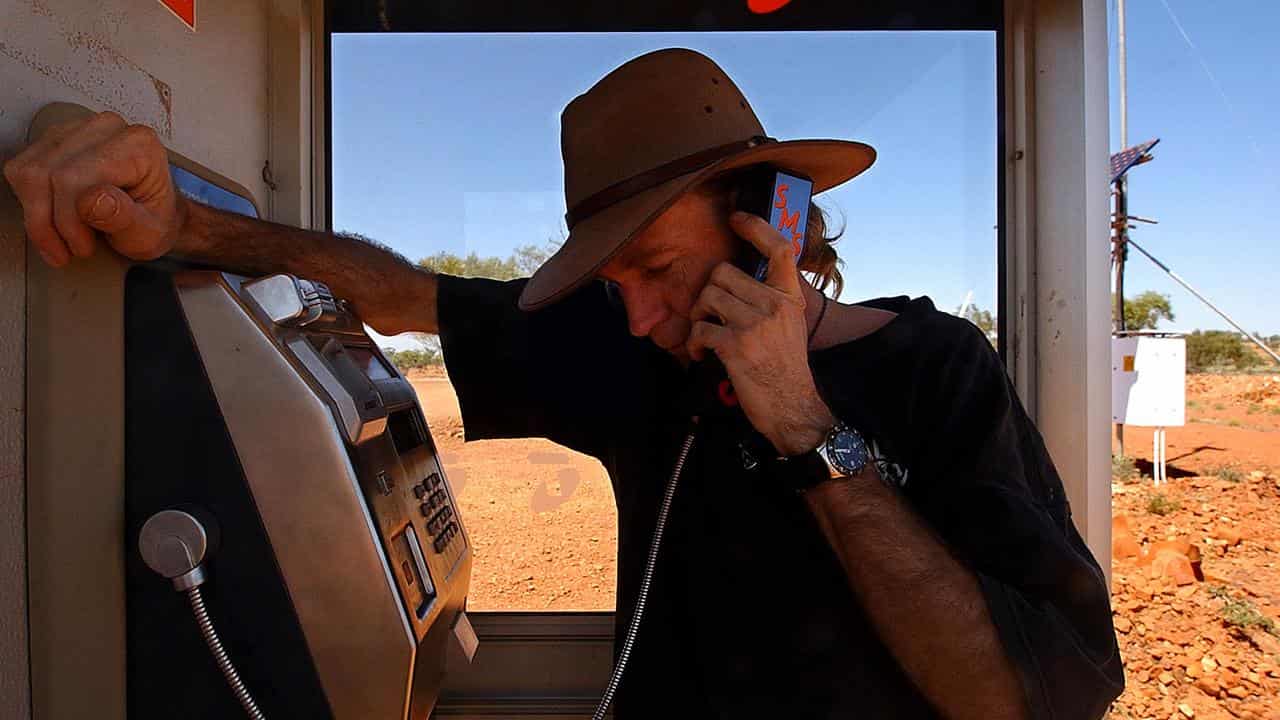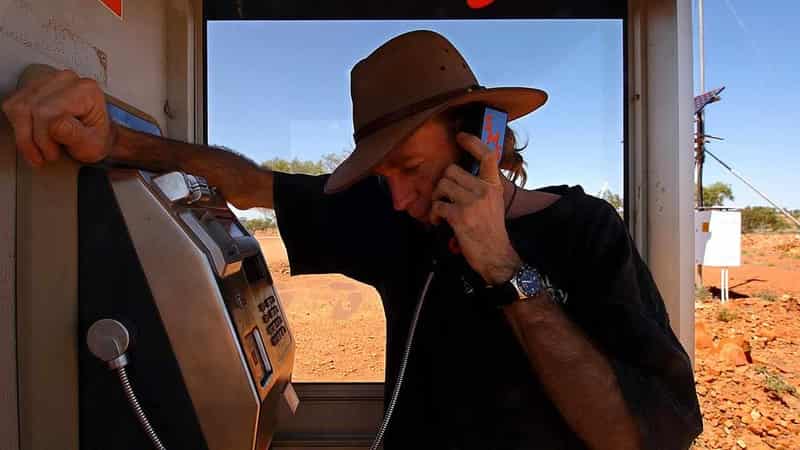
Country Australians will get to have their say on improving phone coverage in the bush, as the federal government moves to overhaul an antiquated and expensive system.
Communications Minister Michelle Rowland has told Australia's peak farming body the government is set to open public consultation on how to reform the universal service obligation (USO).
The USO is a legislated safeguard ensuring all Australians have access to landline phone services or payphones wherever they live or work.
The service is delivered by Telstra, largely through copper wire connections, under a contract that runs until 2032.
Regional communities have long been calling for reform as mobile, wireless and satellite technology advances, while a 2021 review found copper landlines in rural areas are rapidly deteriorating.
Ms Rowland told the National Farmers' Federation conference in Canberra on Friday the public consultation will be an opportunity to modernise the system in a way that benefits country Australians.
"I appreciate that reliability of communications options to access fixed voice services is particularly important to many regional and remote consumers, in areas with limited or no mobile coverage," she told delegates.
"That’s why we are keen to adopt a future-focused approach that leverages any and all technology developments which will improve the essential services and safety of Australia."
The farming group has previously lobbied for a shake-up, saying improved telecommunications is vital for economic growth, technology adoption and innovation.
Ms Rowland acknowledged the reform process is likely to be a long conversation.
"To ensure community input is heard and valued, it is important this process be inclusive and transparent," she said.
The Telstra contract costs $230 million per year for fixed voice services and $40 million for payphones, funded by a levy paid by major telco operators.
Telstra has supported reform for years, as the USO requires the company to keep operating on the copper network.
"We are excited by the opportunities reforming the USO can bring, including connecting people with the latest technologies like satellite and fixed-wireless," a Telstra spokesman said.
Optus vice president Andrew Sheridan welcomed the beginning of reform, saying the $1.4 billion it has paid to Telstra through the levy could have been spent on building more mobile towers in regional areas.
"As identified by the minister, advancement in wireless and satellite technologies in recent years open the possibility of delivering better services for our most remote communities," he said.









